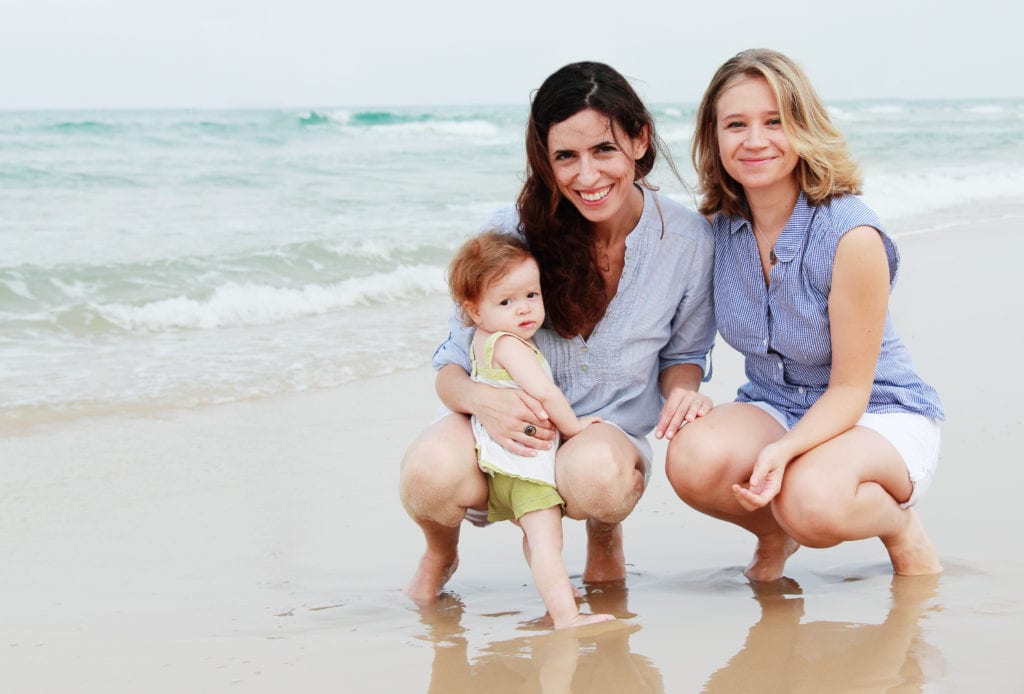
Perhaps you are wondering about your rights to share custody or parenting time of a child of a same-sex relationship? This is a hot topic in Michigan right now because, as of May 2023, there is a current case before the Michigan Supreme Court dealing with that very issue. Now that same sex couples are allowed to marry, children born to either party during the marriage, including children born through IVF (in vitro fertilization) or adopted, are treated like children born in any other marriage. It’s not so simple for couples who had children before same-sex marriage was made legal.
Before the US Supreme Court’s decision in Obergfell vs. Hodges, same-sex marriage was not legal in Michigan. Of course, this didn’t mean that children were not being raised by LGBTQ couples. When two women or two men had a child, whether through in vitro fertilization, surrogacy or adoption, that child formed parental attachment to both parents. Unfortunately, this does not mean that both parents have a legal right to the child or children.
After the Obergefell ruling in 2015, same sex couples were allowed to marry, so any children born or adopted by these couples were part of the divorce judgment or separation agreement. Therefore, both parents could be given custody and parenting time rights. However, before same sex marriage was legal, gay and lesbian couples who had children and raised them together, shared parenting duties and formed bonds, may not be able to have custody and parenting time rights granted to them by the court. This is because only one of the two parents had a ‘legal’ right to the child or children, because only one parent could physically give birth to a child or adopt a child. It is important to understand your rights.
ARE YOUR RIGHTS TO YOUR CHILD PROTECTED?
The pending (as of May 2023) Michigan Supreme Court case involves determining rights to children born to one of the two parties to a same sex partnership (memorialized with a commitment ceremony- the only option available to them at the time) where only one party had ‘legal’ rights to the children. The couple broke up before same-sex marriage was made legal, so the ‘non-legal’ parent could not become the legal parent of the children through marriage, even though she acted as a parent in any sense of the word. In fact, the other parent allowed her to have parenting time by agreement and without a court order. When she stopped letting the other parent see the child, a case had to be filed.
These cases are all unique and present different legal issues and challenges. Currently, these issues may be treated differently in Midland, or Lansing or Mount Pleasant, but when the Michigan Supreme Court resolves the issue, Michigan’s law on handling these issues may be permanently resolved.
Whether you are in this situation now, or think it’s possible you might be, you need an experienced attorney to help you sort through the law on this developing issue.


